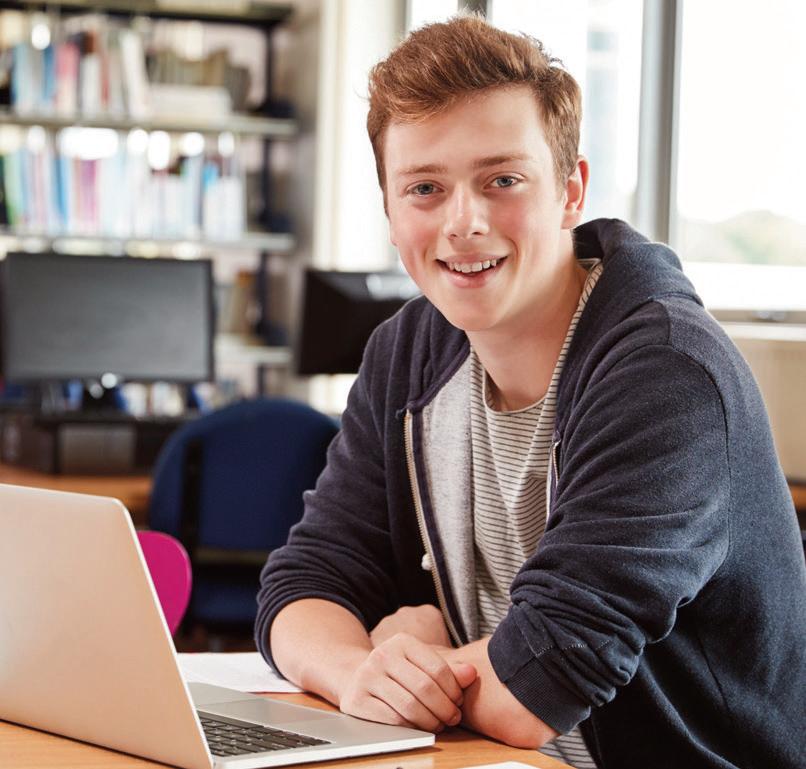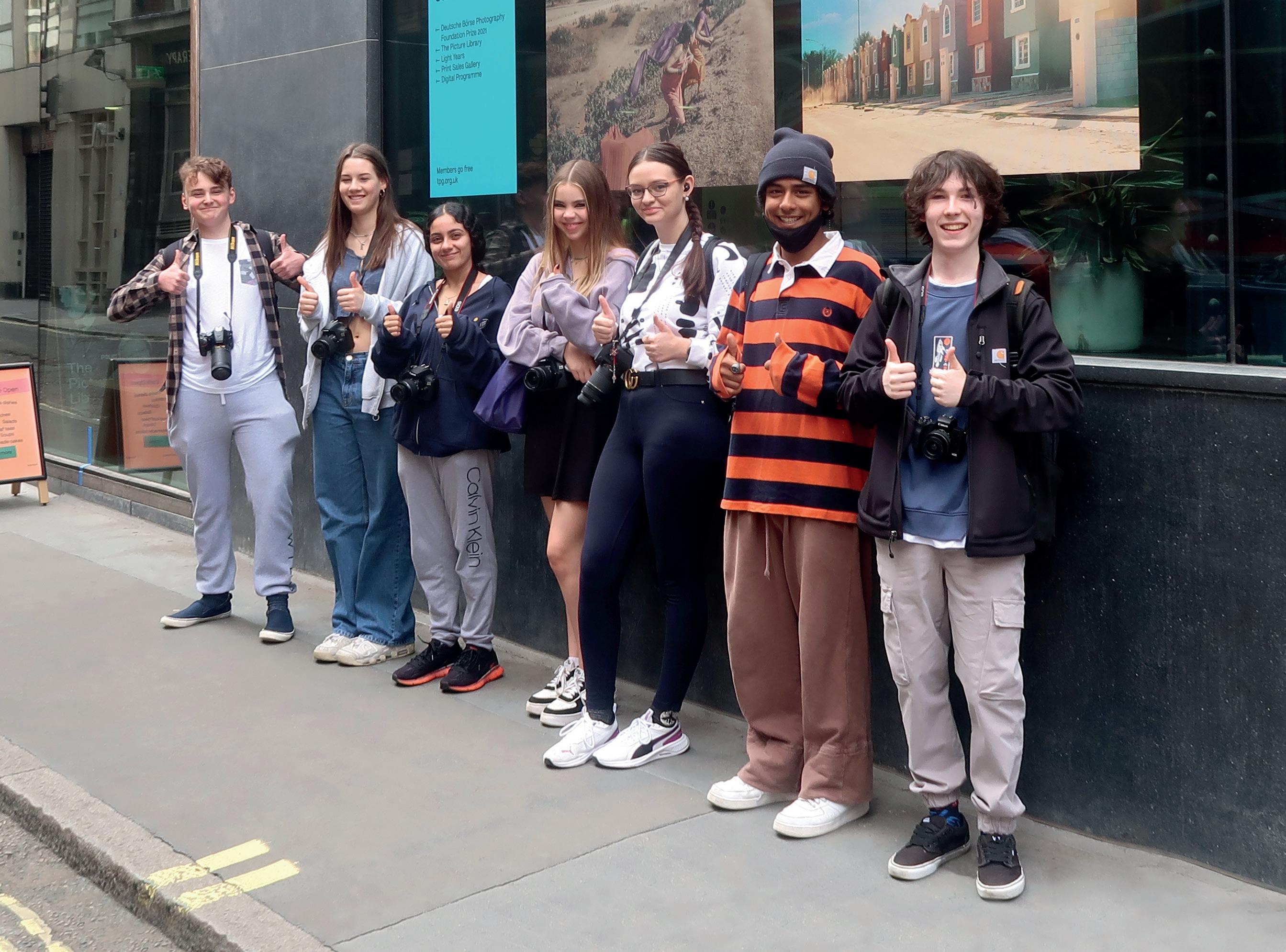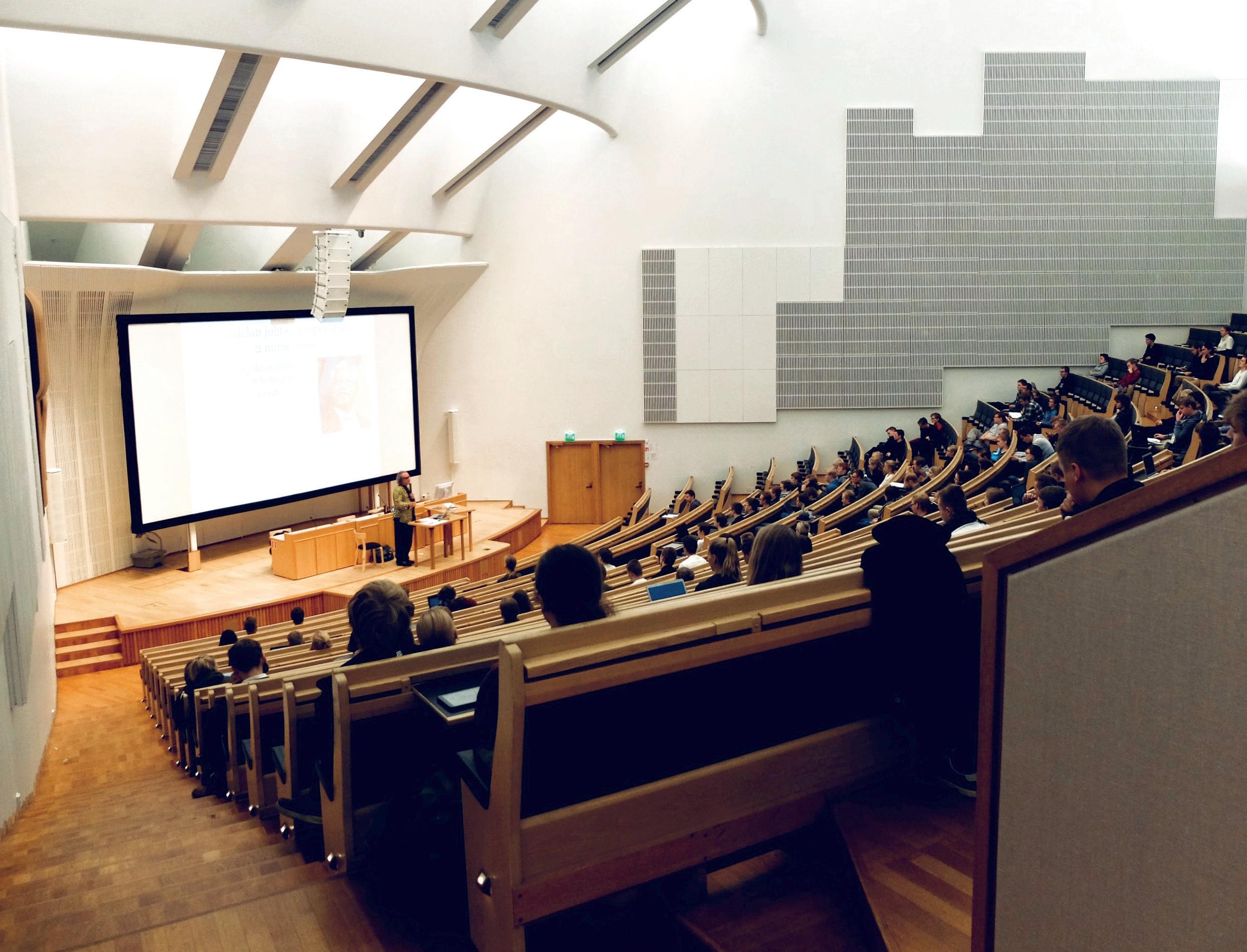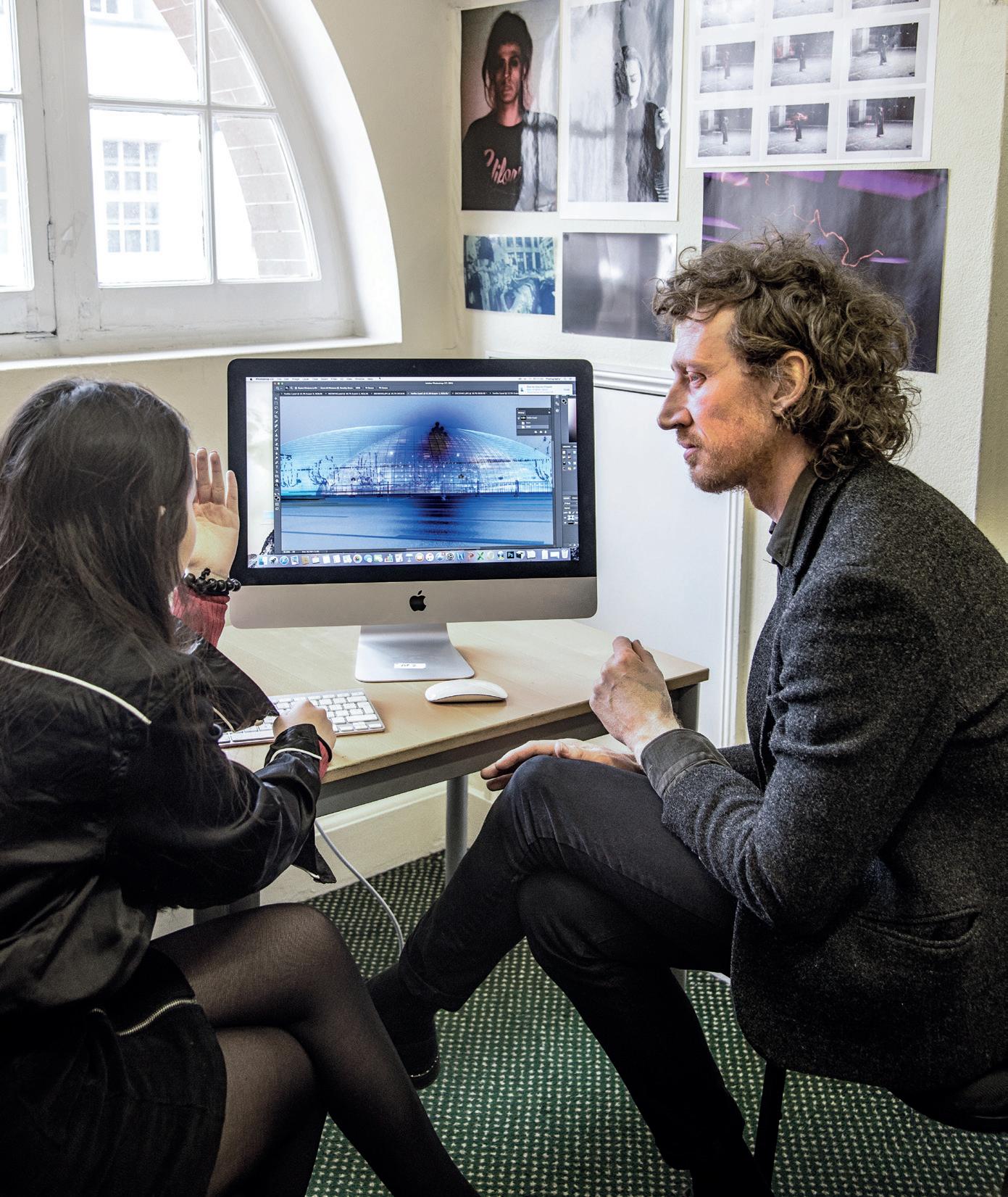
3 minute read
The Principals
Albemarle ULS & EPQ Programme
ULS & EPQ Programmes
Advertisement
Our unique University & Life Skills (ULS) programme consists of weekly lessons helping students to develop soft skills and build confidence, and also includes seminars led by visiting professionals. Students have the opportunity to complete an EPQ, taught in separate sessions.
All students in their AS-level year have weekly ULS lessons which hone their skills in several areas including presentations, teamworking and project management. We also provide help in planning work experience placements and taster courses at universities. Guest speakers from a wide range of professions and university programmes are invited to the college to speak to students. A key part of the ULS programme focuses on preparation for university, including advice on choice of degree course and university, and compiling the personal statement. Students also have the opportunity to take part in the college’s university tour at the end of the lower sixth year. We welcome the introduction of EPQ and would encourage students to take one as it helps them to develop independent study and research skills and ease the transition from school/college to higher education.
Cambridge University Admissions
Albemarle ULS & EPQ Programme
Extended Project Qualification (EPQ)
Designed to develop skills in decision making, problem solving, planning, research and evaluation, the EPQ prepares students for both university and employment. It also provides a competitive edge with UCAS applications and helps to build confidence and improve time management skills.
The EPQ is graded A* - E, with an A* grade equating to 28 UCAS points. Students work with their EPQ teacher to produce an outcome that can take a variety of formats including: – Writing a dissertation, investigation or report – Creating an artefact or design – Organising an event – Staging a performance of some kind.
Students are assessed by their EPQ teachers across a range of skills which are the same regardless of the type of project undertaken. “My EPQ led to a lower offer from AAB to ABB from Southampton and Sheffield universities.”

Matthew Collins, Student

Strategic planning is crucial



Albemarle One-year A-level Programme
The One-year A-level Programme
“Students joining us for the Upper Sixth are given additional individual help outside of lessons to address any shortcomings they may have from their previous school learning.” James Meadows Lead Teacher, History Most students joining us for the one-year A-level programme will have completed their AS-level year at another school or college. However, it is possible in some subjects for students to opt for the intensive one-year A-level programme, having not previously studied the subject before.
Some students will have completed the full A-level programme and are seeking to resit one or more A-levels to improve their grades. These resit students benefit greatly from the individually tailored help they receive outside of the classroom from teachers, including direction on improving exam technique and study skills.
Their Personal Tutor will monitor their progress and help them to achieve their academic goals. Curriculum Managers meet with students on an individual basis to offer advice on all aspects of the UCAS admissions process, including writing their personal statement and preparing for interviews. UCAS applications are finalised as soon as possible in the Autumn term, giving students the best possible chance of receiving offers from their first choice university. Students also receive help from their Personal Tutors with work experience placements and participating in university taster courses. Through our extensive alumni network they are also able to connect with ex-students who may be on the same degree course they wish to pursue, thereby gaining an invaluable insight into that course.
In the past academic year, students on our one-year programme have achieved places at many of the top UK universities including Cambridge, Imperial, UCL, LSE, Warwick, Edinburgh, Bristol and Durham.









